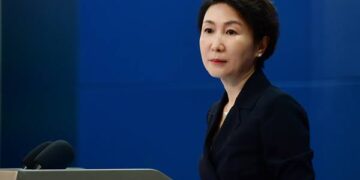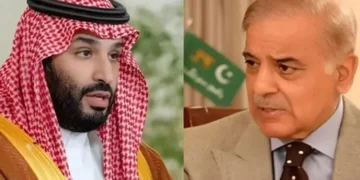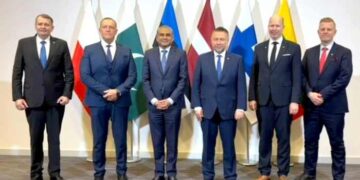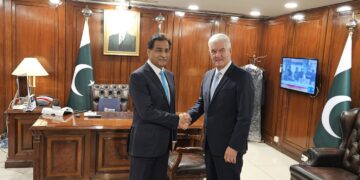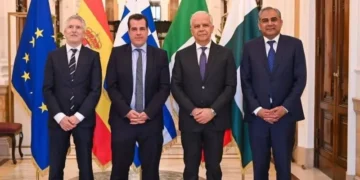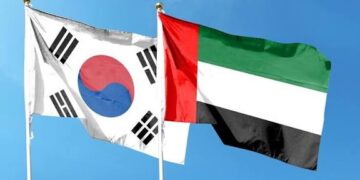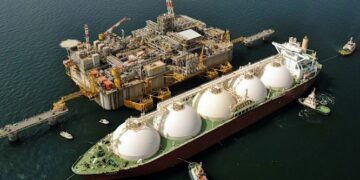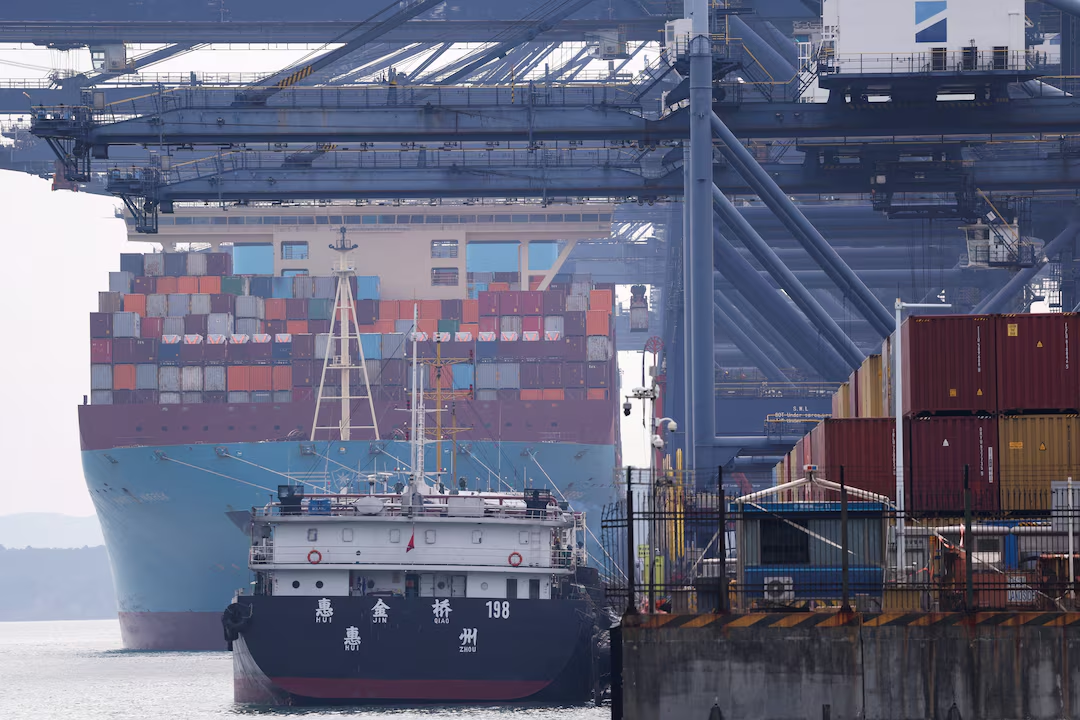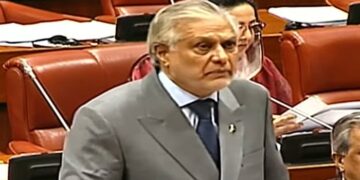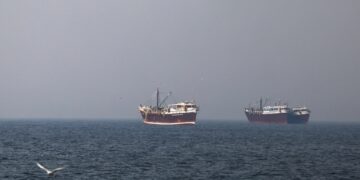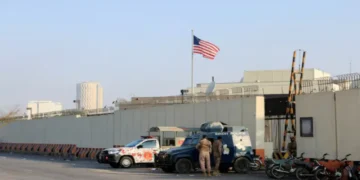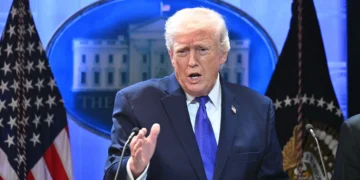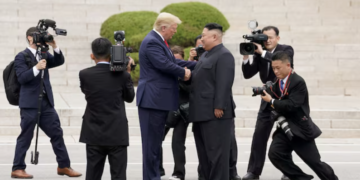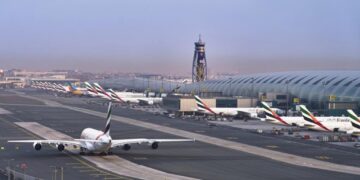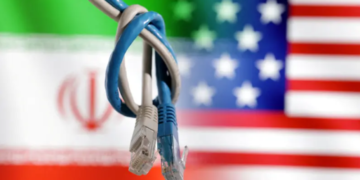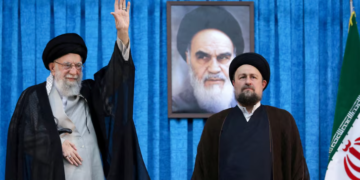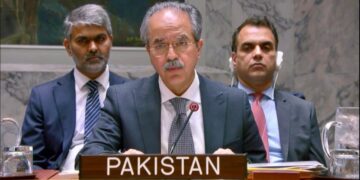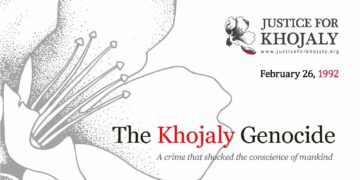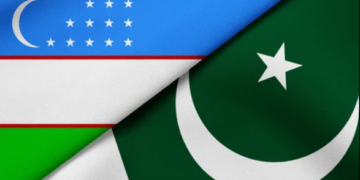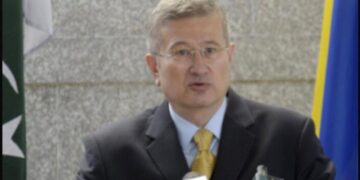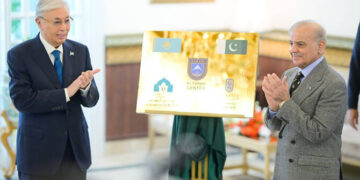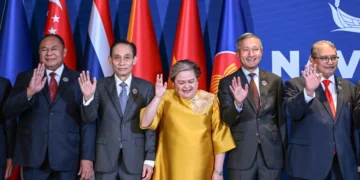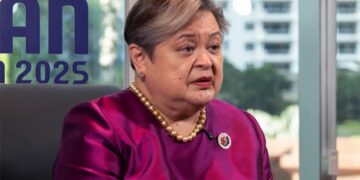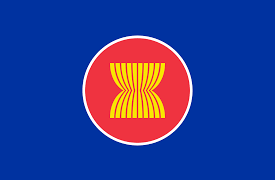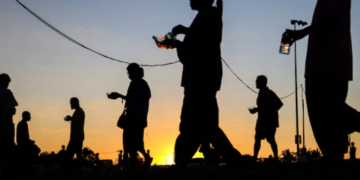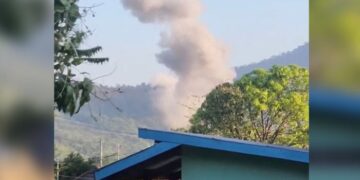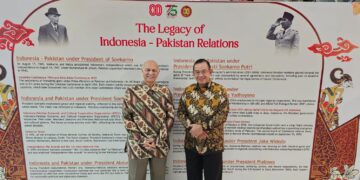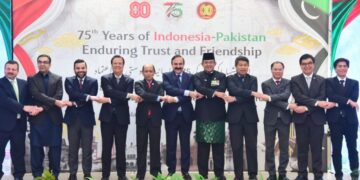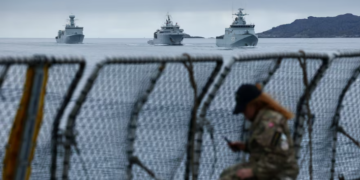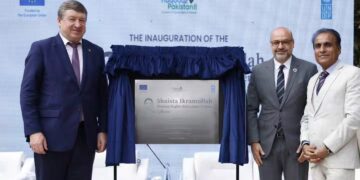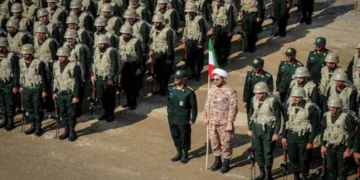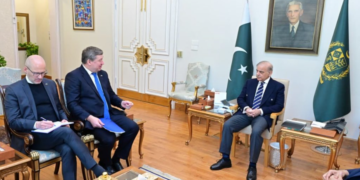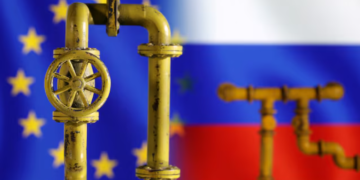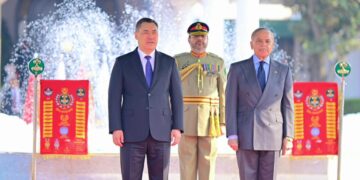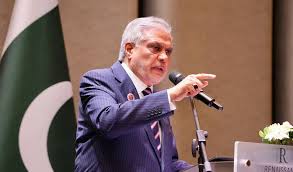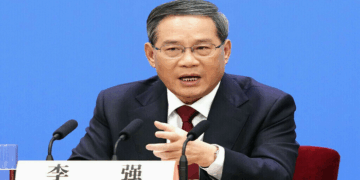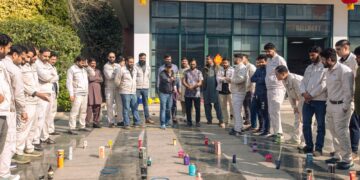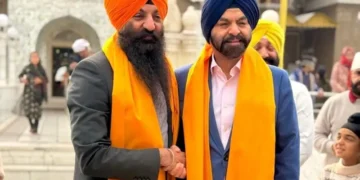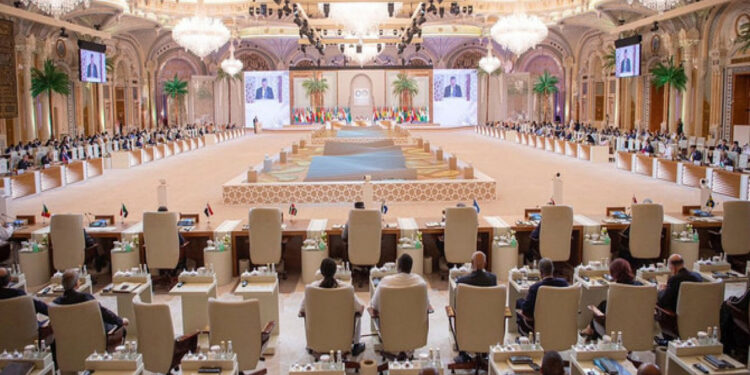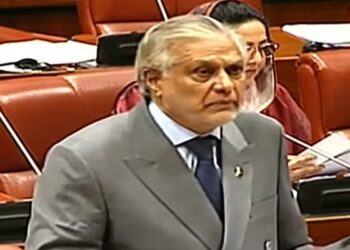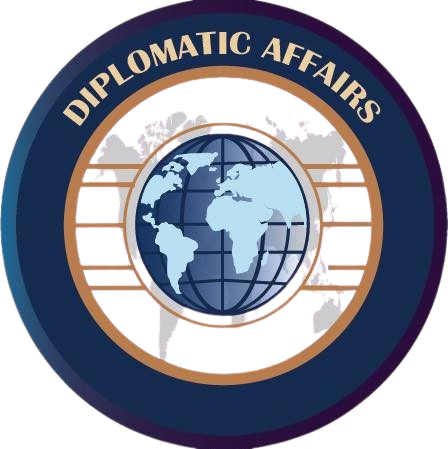Web Desk; Prime Minister Shehbaz Sharif will travel to Doha on Monday to participate in a high-level summit of Arab and Muslim leaders, convened by Qatar in response to the recent Israeli airstrikes that targeted Hamas officials in the Qatari capital. The move underscores Pakistan’s solidarity with Qatar and broader Arab concerns over Israel’s actions.
Qatar’s Foreign Ministry spokesperson Majed al-Ansari announced that the emergency summit was scheduled in light of “dangerous developments in the region.” He noted that a draft resolution condemning Israel’s strike would be finalized by foreign ministers on Sunday, prior to the heads of states’ meeting.
The Israeli attack, carried out last Tuesday, killed five Hamas members and a Qatari security officer. The strikes were widely denounced by international actors, including Gulf monarchies traditionally allied with the United States—Israel’s closest partner. Analysts described the incident as an unprecedented breach of sovereignty and a direct assault on diplomatic norms.
In a statement, Pakistan’s Foreign Office confirmed PM Shehbaz’s participation, describing Pakistan as a co-sponsor of the summit. The FO highlighted that Israel’s policies, ranging from expanding settlements in the occupied West Bank to attempts at displacing Palestinians, were major reasons behind the decision to convene the meeting. Deputy Prime Minister and Foreign Minister Ishaq Dar will represent Pakistan at the preparatory ministerial session scheduled for September 14.
According to the FO, Pakistan attaches “great importance to its relations with Qatar” and categorically condemned Israel’s aggression not only against Hamas but also against Qatar as a sovereign state.
The Doha summit is expected to draw significant regional participation. Iranian President Masoud Pezeshkian, Iraqi Prime Minister Mohammed Shia al-Sudani, and possibly Turkish President Recep Tayyip Erdogan will join the discussions. Observers believe the gathering will send a strong collective signal to Israel that such unilateral military actions will not be tolerated.
Andreas Krieg, a Middle East expert at King’s College London, argued that the summit reflects “a refusal to normalize aggression” and is intended to set clear limits on Israel’s operations. “The goal is to end Israel’s perception that it can act with impunity, while sharpening the collective stance on Palestine,” he said.
Meanwhile, the United States is also engaged in quiet diplomacy. Former President Donald Trump, during his New York meeting with Qatari Prime Minister Sheikh Mohammed bin Abdulrahman al-Thani, expressed dissatisfaction with the Israeli strikes. Trump later conveyed his concerns to Israeli Prime Minister Benjamin Netanyahu, urging that similar incidents should not recur.
Trump’s discussions with Al-Thani, joined by US envoy Steve Witkoff, touched upon Qatar’s role as a mediator in the Gaza conflict and future defence cooperation. Despite hosting the largest US military base in the region, Qatar has maintained a delicate balancing act between its American security ties and its support for Palestinian causes.
With tensions at a peak, Monday’s summit is expected to frame Israel’s actions as “state terrorism” and to reaffirm Arab and Islamic solidarity with Qatar, signaling a tougher collective approach in support of Palestine.

